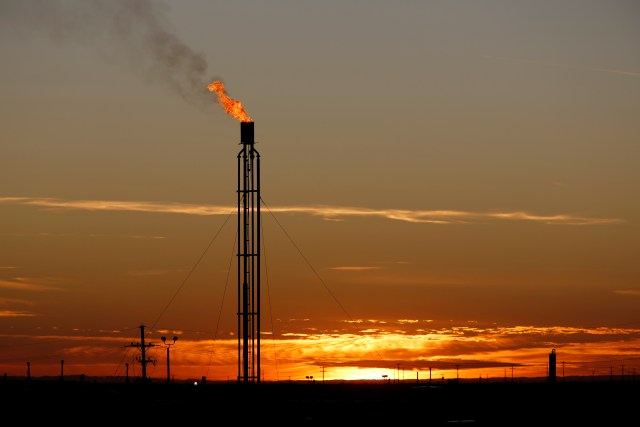
Almost one year since the inauguration of President Joe Biden, United States sanctions policy toward Venezuela has yet to be formally reviewed. Worse, enforcement has been almost non-existent. Venezuelan oil exports have greatly increased this year, calling into question the overarching goal of limiting oil revenue for Nicolas Maduro’s regime.
By The Hill – Jeremy Martin and David Voght
Dec 3, 2021
On Nov. 13, crude oil output surpassed 900 thousand barrels per day, an amount not seen since March 2020. The Maduro government has become quite skillful at avoiding, if not completely dodging, current sanctions. Specifically, it has circumvented controls by using phantom traders to move crude with untraceable ships routed from Venezuela to China.
As the Maduro regime manipulates a homemade economic and humanitarian disaster, and navigates increasing international isolation, environmental standards, sustainability and climate action are seemingly absent.
Let’s be more specific about the problem before we enumerate the solution.
For starters, Venezuela vents or flares approximately 2.7 billion cubic feet of natural gas every day; it is the world’s sixth-largest natural gas flaring country.
There is also mounting evidence of operational safety issues. At least three natural gas pipeline explosions and as many refinery fires, resulting in an array of dangerous emissions, threaten the health of oil workers and nearby communities. Oil spills are commonplace, impacting rivers and lakes with important public health repercussions.
Similarly, Venezuela’s mining sector has fallen into an abyss of lawlessness and human rights abuses. Activity in the southeast of the country represents an immediate environmental threat to the Orinoco River and the broader Amazon.
In a textbook example of unintended consequences, sanctions have cut off western companies from their operations, effectively channeling their revenue directly into the Maduro government’s coffers. Worse yet, these restrictions have also completely reduced the companies’ ability to ensure operational standards at major projects.
Sanctions have opened the door for crude oil trade with Iran, and fortified ties with Cuba. At least 50 phantom traders have been clandestinely operating tankers this year. Tankers transiting with their global positioning systems disabled and loading cargos in riskier ship-to-ship operations represent a maritime safety and environmental risk.
So, what about marrying sanction relief with climate action in an effort to arrest the country’s humanitarian crisis?
On the heels of the UN COP26 climate summit in Glasgow, it makes abundant sense. Venezuela committed very little: No net-zero target. No deforestation reduction. They did not sign the global methane pledge.
Ironically, the U.S. sanctions reime has become a catalyst for safety and environmental risk. Revised sanctions that permit western companies access to cash flow from their projects, while also allowing licenses for private investment in facility maintenance and gas collection projects will not fortify Maduro in any way. Rather, even a limited effort, including interim steps to ensure compliance, would improve environmental and climate action in the country and reduce the regime’s illicit cash flow.
There is ample precedent for enabling a transparent mechanism to monitor and enforce Venezuelan climate action and efforts, whether by way of the United Nations, another third party, or even another nation. Undoubtedly, it will be a long and winding road given the Maduro administration’s scant credibility.
Naturally, this idea is vulnerable to ridicule and outright dismissal. Be that as it may. What is crystal clear is that a revised approach is sorely needed. Maduro will continue to thumb his nose at sanctions while sitting astride the world’s largest oil reserves. His regime’s increased oil output will continue to come at the detriment of the environment.
Clearly, the U.S. government – from Congress to the Biden administration – has a full plate domestically and abroad. However, Washington’s apparent ambivalence regarding expeditious or meaningful action on Venezuelan sanctions is likely to make the long-term situation much worse. Addressing sanctions as a foreign policy and economic measure has yet to be solved. The moment is ripe for a fresh approach.
…
Read More: The Hill – Venezuela sanctions and climate action – a fresh approach
…

